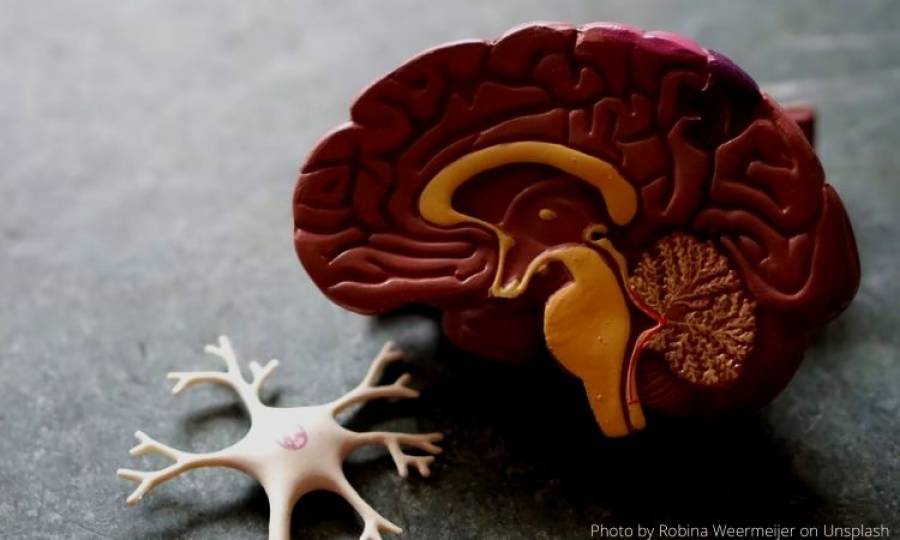Majority of epileptic patients deprived of correct medical treatment

KARACHI: Dr Fowzia Siddiqui, President, Epilepsy Foundation Pakistan, had said that the disease of epilepsy is a serious health issue, as about 70 per cent of patients of this disease are not getting proper medical treatment due to different reasons, adding only 35 per cent patients in urban areas and 8 per cent patients in rural areas are being treated.
She addressed at a free epilepsy clinic at Bahadurabadbon the occasion of International Epilepsy Day.
She stated there are 65 million epileptics worldwide, with 2.4 million in Pakistan. She said it affects children more than adults. Rural places have more. This disease claims over 5000 lives per year.
She added that almost 50 per cent of people who take medications are not appropriately managed. Her epilepsy is treatable, and 70 per cent of patients could be managed with just one anti-epileptic drug. She stated epilepsy is common in Pakistan. She claimed epilepsy care is unsatisfactory because doctors and patients are unaware. A multidisciplinary approach is required, she said. She stated drug prices and availability are critical in treating epilepsy. Moreover, she claimed there are around 25 treatments for this condition.
A first-line and a new-generation medicine? Her therapy costs range from Rs50 to Rs10,000 each month. She claimed only one hospital has surgical equipment for this illness.
She argued government hospitals lack modern AEDs. The treatment gap in this illness should be averted, she stated. The treatment gap in this illness should be averted, she stated.
Government has a significant role to play, stated Dr Fowzia Siddiqui. She proposed media campaigns to promote awareness.
District and civil hospitals should have AEDs. These hospitals should have neurologists and testing. She believed that LHVs should be educated on this disease and that these hospitals should provide training and support.
She claimed someone with epilepsy might go to school, marry, work, raise a family, and conduct politics and social work.
In terms of paediatric epilepsy, she noted Pakistan has less than 10%, paediatric neurologists. She added GPs or paediatricians see roughly 90 per cent of children with epilepsy. She asserted this group is unaware of drugs, dosage, and adverse effects.
According to her, 70 per cent of cases are idiopathic, whereas 30 per cent are caused by traumatic brain damage, infections, strokes, tumours, etc. She claims 5 per cent of instances are genetic. Dr Fowzia says this sickness has numerous myths.
Some believe it is a Jinn, Asseb, or Junoon. Others assume it's a mental illness. Some say it's incurable. They think these patients can't get an education, marry, or work. Some think it's a shameful illness that should be hidden.
Talking about epilepsy in women, she said that 90 per cent of women patients remain untreated for various reasons like stigma and taboo. She said that there are many concerns about pregnancy, congenital disabilities and breastfeeding. However, she said that this disease is not communicable.
Dr Fowzia proposed holding public awareness campaigns about this disease like TV programs. She said patient support groups should be formed. She expressed this disease needs multidisciplinary care in which patients, their attendants, doctors, nurses, psychologists, social workers and media should have a role.
Advertisement
Trending
Popular
Hair loss: Discovery uncovers key stem cells that could reverse ...
-
Broccoli sprout compound may help lower ...
11:31 AM, 25 Feb, 2025 -
Gas Pain vs. Heart Attack: How to tell ...
09:00 PM, 22 Feb, 2025 -
Coconut oil supplement shows promise ...
08:00 PM, 20 Feb, 2025 -
Normal vitamin B12 levels may still ...
05:00 PM, 19 Feb, 2025



